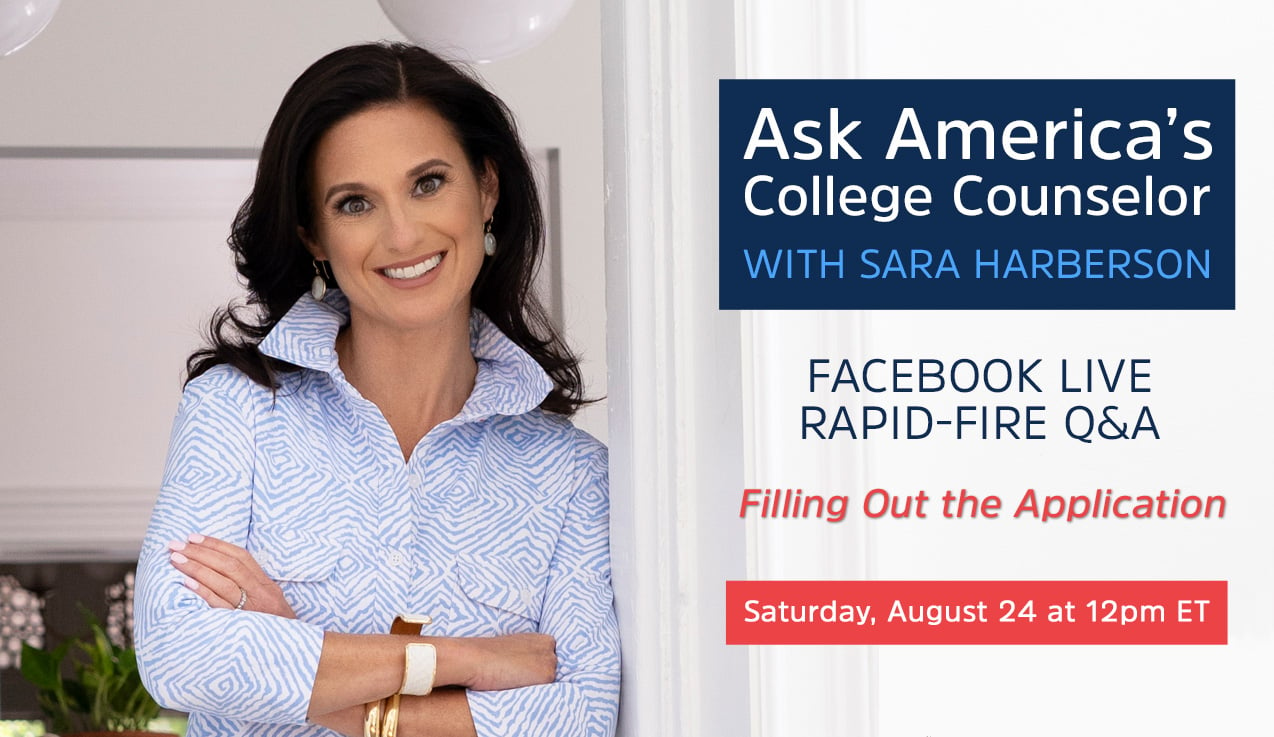Privilege is a dirty word these days but a reality for a lot of us. After the admissions scandal broke this Spring exposing how well-connected families paid off counselors, tutors, and college coaches, parents have been on the defensive. A few bad apples have given all of us a bad name. A journalist recently asked me, "Are all parents willing to do anything for their kids, even cheat and lie?"
My answer is an emphatic "no." Not all parents would stoop this low. The vast majority of us want our kids to have opportunities that we didn't have. That doesn't mean we would act unethically to get those opportunities for them, though. In fact, we pride ourselves on making sure our kids do things the right way even if it means missing out on going to an Ivy League school or not get the big end-of-year award.
But many parents I talk to are worried—could their race, socioeconomic status, zip code, and more be held against their child in the college admissions process?
Want to do things the right way?
Join Application Nation to learn the college admissions process inside and out!
It is important to know that all admissions officers at colleges that use holistic admissions are trained to factor in privilege as they read and evaluate a student's application. There's really no way to hide it. Admissions officers will start making a judgment about your kid from the moment they see their name and from there, the expectations will likely rise considerably. And for good reason. If your child is privileged in the traditional sense of the word, they likely have access to resources (like private tutors or stellar internships) that other students don’t.
Admissions officers know this. So, yes, a student's name, their race, high school, home address, parents' education, and parents' occupations become
a framework of how admissions officers will evaluate your child. And for those colleges that are using
the College Board's new "Adversity Score," admissions officers will have one more piece of data to make assumptions about your kid even before any required pieces of your child's application are read.
So how does a student navigate this complicated process when they suspect they’ll be labeled as privileged? Here are five things to know.
1. Consider Early Decision if your top choice college offers it.
Because Early Decision is a binding decision, colleges will be more generous with acceptances in this round compared to Regular Decision. Sometimes the acceptance rate is twice or three times as high in Early Decision than it is in Regular Decision.
2. Understand that it's not the high school you come from that will get you admitted; it's you.
Admissions officers used to have lengthy conversations about applicants with private school college counselors. These chats were highly influential in a student's admissions decision. Nowadays, admissions officers at elite colleges have curbed these calls and limited the interaction they have with private school college counselors before a decision is made. Don’t expect that attending a private high school or even a well-respected public high school will be an advantage in the admissions process like it used to be. Instead, focus on working hard, finding your passion, and showing admissions officers how great YOU are.
3. It is okay to seek out help.
There is nothing wrong with getting sound and trustworthy help in the process. Students are applying to college for the first time, and hopefully the last time. Don't just sign up for college counseling help or test prep with anyone. Look for a professional who has worked extensively in an admissions office at a similarly-competitive college to where you want to attend.
4. Do not report pay-to-play summer programs on the application.
This is a sure-fire way to show privilege and a turnoff for admissions officers. Elite colleges, even the ones that host expensive pay-to-play programs on their campuses, look down on these experiences. If you attend one of these programs, keep it to yourself and use that experience as secret intel on the college and the academic discipline you studied. This insight can come in handy when
writing a college's supplemental essays.
5. Avoid essays that suggest privilege.
Family trips, expensive hobbies, attending a private/boarding school, and community service are difficult topics to pull off in an essay. Admissions officers at elite colleges are particularly judgmental when it comes to privileged students writing about these topics, and these essays can very easily come across as self serving.
I came up with the idea for this blog when I was traveling with my family a few weeks ago. I was struck by the fact that my kids were privileged to be seeing Europe for the first time as children. Growing up, my husband and I never went on family vacations. We wanted our kids to have more than we did, so we worked our tails off to make this trip a reality.
But I was keenly aware of the fact that the extraordinary sights my kids saw and meals they experienced should not be formally represented in their college applications some day. However, it is my hope that this exposure to another culture will teach Sophie, Max, and Dotsie Bea about the world and that they should not expect their privilege to give them an edge in the admissions process.
The bottom line is: privilege is not something that you can avoid benefitting from. It permeates every part of your child’s life whether you realize it or not. Privilege is what keeps us all humble, and that's not something to be taken for granted.












